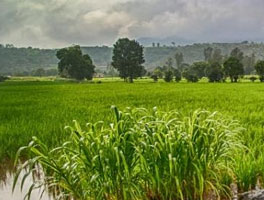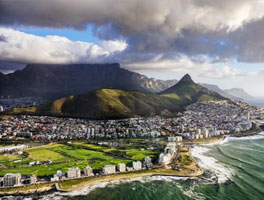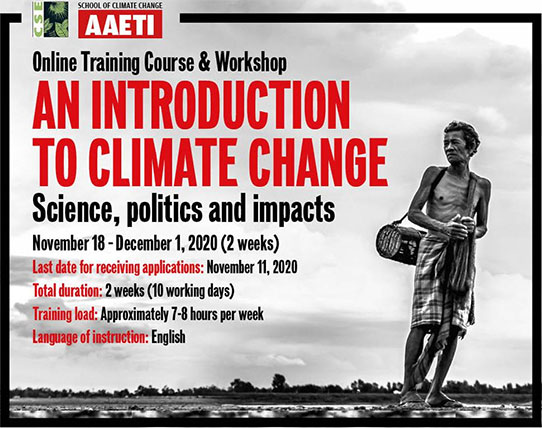 |
Dear readers,
Looking at a post COVID world, there is a growing global consensus that the business-as-usual approach will not work to combat climate crisis and that difficult targets must be set to reduce carbon emissions. While agriculture and livestock account for 18 per cent of gross national greenhouse gas emissions and identifying the way forward for low emission growth in that sector is essential, identifying nature based solutions, such as Bhopal’s urban forest, as well as simultaneously technological solutions such as green hydrogen and compressed biogas underlines the development of future energy potential and will play an important part in the post COVID recovery.
On World Tourism Day, the Indian Himalayan Region turn the pandemic into an opportunity by looking at tourism in a different light and redesigning the current business model into a long-term sustainable and resilient industry. Climate change continues to play a great impact on the tourism industry with Cape Town seeing record breaking droughts, which among other factors, have greatly affected tourism. Meanwhile the annual Indian monsoon withdrawal from parts of northwest India has started, 28 days late, causing the need to update her monsoon calendar in order to better inform farmers growing kharif crops.
Know more on the science, politics and impacts of climate change by signing up for the introduction to climate change training course.
|
|
 |
| |
 |
|
| |
| EXTREME WEATHER TRACKER |
| |
Did you know this monsoon was the first on a new calendar? Here’s why we needed one| 29 September 2020
|
 |
 |
|
|
| |
 |
|
| |
 |
 |
What the tourism sector can learn from Cape Town’s drought | 24 September 2020
|
|
|
| |
 |
|
| |
|
|
| |
|
|
| |
|
|
| |
 |
|
| |
CLIMATE NEWS | SCIENCE| IMPACTS| POLITICS |
|
| |
 |
|
| |
|
|
| |
 |
|
| |
|
|
| |
 |
|
| |
|
|
| |
 |
|
| |
|
|
| |
 |
|
| |
|
|
| |
 |
|
| |
|
|
| |
|
|
| |
 |
|
| |
|
|